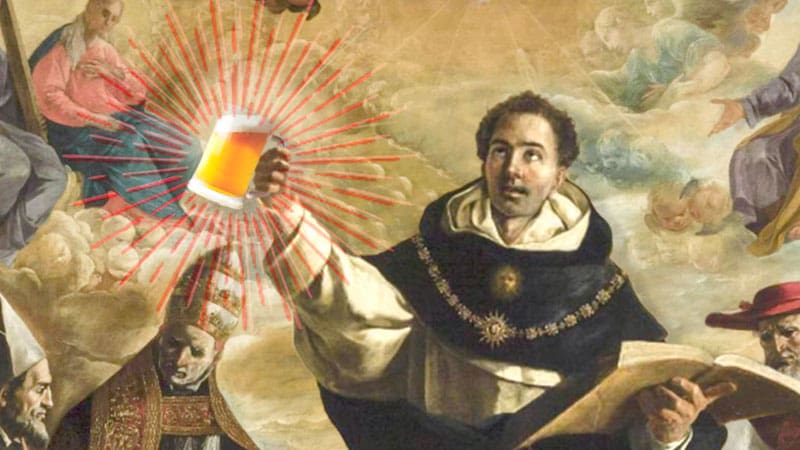Today we chat to Thomas about Limbo. What is it? Are Catholics bound to believe in it? If it does exist what do the souls there experience?
Subscribe to Pins With Aquinas here.
Whether those souls which depart with original sin alone, suffer from a bodily fire, and are punished by fire?
Gregory Nazianzen in his fortieth sermon, which is entitled On Holy Baptism, distinguishes three classes of unbaptized persons: those namely who refuse to be baptized, those who through neglect have put off being baptized until the end of life and have been surprised by sudden death, and those who, like infants, have failed to receive it through no fault of theirs. Of the first he says that they will be punished not only for their other sins, but also for their contempt of Baptism; of the second, that they will be punished, though less severely than the first, for having neglected it; and of the last he says that “a just and eternal Judge will consign them neither to heavenly glory nor to the eternal pains of hell, for although they have not been signed with Baptism, they are without wickedness and malice, and have suffered rather than caused their loss of Baptism.” He also gives the reason why, although they do not reach the glory of heaven, they do not therefore suffer the eternal punishment suffered by the damned: “Because there is a mean between the two, since he who deserves not honor and glory is not for that reason worthy of punishment, and on the other hand he who is not deserving of punishment is not for that reason worthy of glory and honor” […] Hence, as his guilt did not result from an action of his own, even so neither should he be punished by suffering himself, but only by losing that which his nature was unable to obtain. On the other hand, those who are under sentence for original sin will suffer no loss whatever in other kinds of perfection and goodness which are consequent upon human nature
ST. Appendix I, I, I.
Whether these same souls suffer spiritual affliction on account of the state in which they are?
right reason does not allow one to be disturbed on account of what one was unable to avoid; hence Seneca proves (Ep. lxxxv, and De ira ii, 6) that “a wise man is not disturbed.” Now in these children there is right reason deflected by no actual sin. Therefore they will not be disturbed for that they undergo this punishment which they could nowise avoid. […] Now in these children there is right reason deflected by no actual sin. Therefore they will not be disturbed […] [T]he pain of punishment corresponds to the pleasure of sin; wherefore, since original sin is void of pleasure, its punishment is free of all pain. […] [I]f one is guided by right reason one does not grieve through being deprived of what is beyond one’s power to obtain, but only through lack of that which, in some way, one is capable of obtaining. Thus no wise man grieves for being unable to fly like a bird, or for that he is not a king or an emperor, since these things are not due to him; whereas he would grieve if he lacked that to which he had some kind of claim […] Hence they will nowise grieve for being deprived of the divine vision; nay, rather will they rejoice for that they will have a large share of God’s goodness and their own natural perfections.
ST. Appendix I, 2.





Reader Interactions